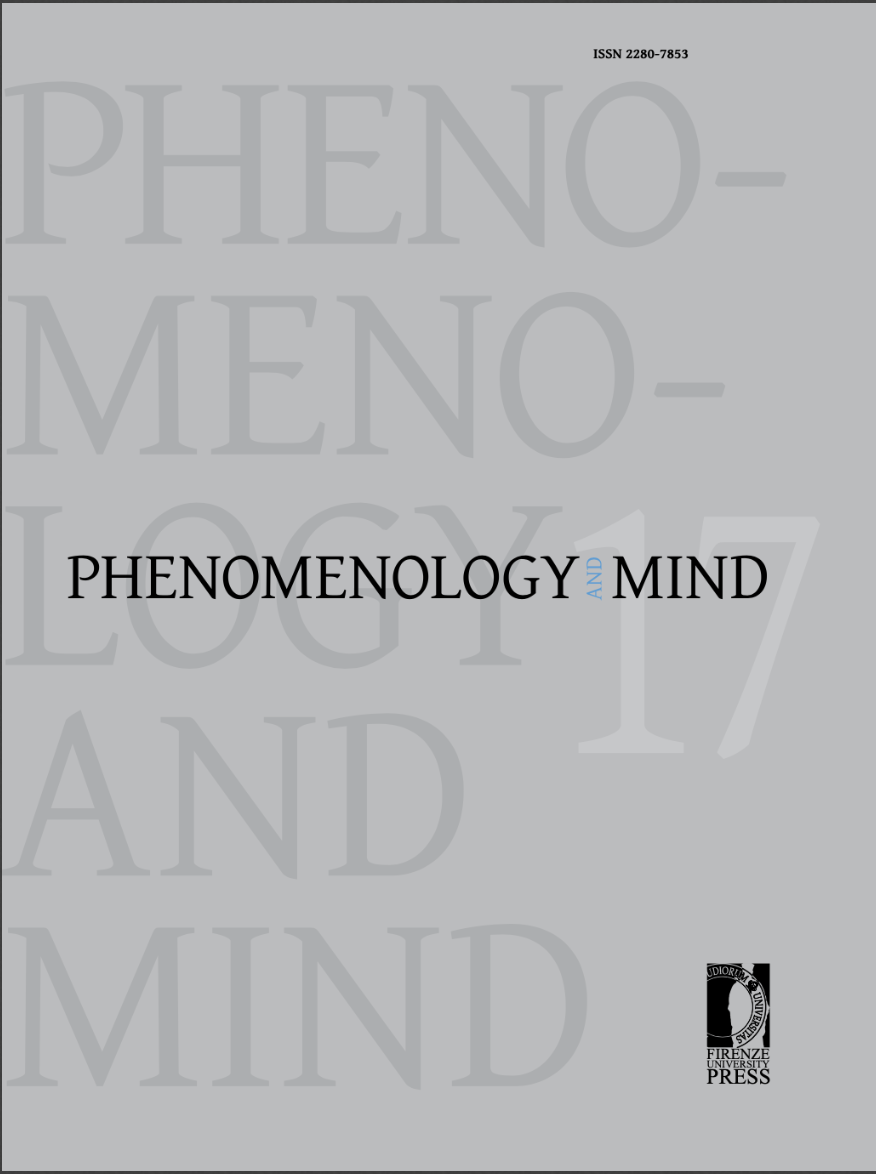Published 2016-11-26
Keywords
- habit,
- knowing,
- phenomenology,
- embodiment
How to Cite
Abstract
Paul Ricoeur claims in Freedom and Nature that delimiting the domain of habit is deeply challenging, owing to the fact that we tend not to know exactly what it is that we are asking about. Habit, he says, is not like acting, sensing or perceiving but is more akin to a way of sensing, perceiving and so on. It has to do with settled or dispositional ways of engaging the world that provides a form to our world relations. But what is the status of these ways of acting etc.? In ordinary discourse, habits are often thought of as good or bad and even as important to shaping our personal and social identities. But they tend also to be thought of as actions in which the free exercise of reason is deeply attenuated, as automatic responses conditioned over time which are triggered by the environment such that we act ‘before we know what we are doing’. In what follows, I want to offer some reflections about the nature of the relationship between habitual action, reason and knowledge. I will draw mostly on the phenomenological tradition in asking the question whether habits denote performances in which thinking is absent or whether they involve a spontaneity in which the embodied and embedded subject comes to expression as subject. In doing so, I will (1) sketch an outline of the largely negative view of habit that tends to dominate specialized and ordinary understandings of the matter before, (2) looking to phenomenological insights that offer a more positive view by integrating the notion of habit with discussions of embodiment and hermeneutic consciousness. Here, I will refer to the work of Merleau-Ponty and Ricoeur, for whom habit is an irreplaceable way of knowing the world. My claim is that these phenomenological resources are not only important in establishing the centrality of habit for identity formation, as Husserl and Merleau-Ponty do, but that they entail a unique form of knowing or exercise of reason which is dynamic, attentive and imaginative.

